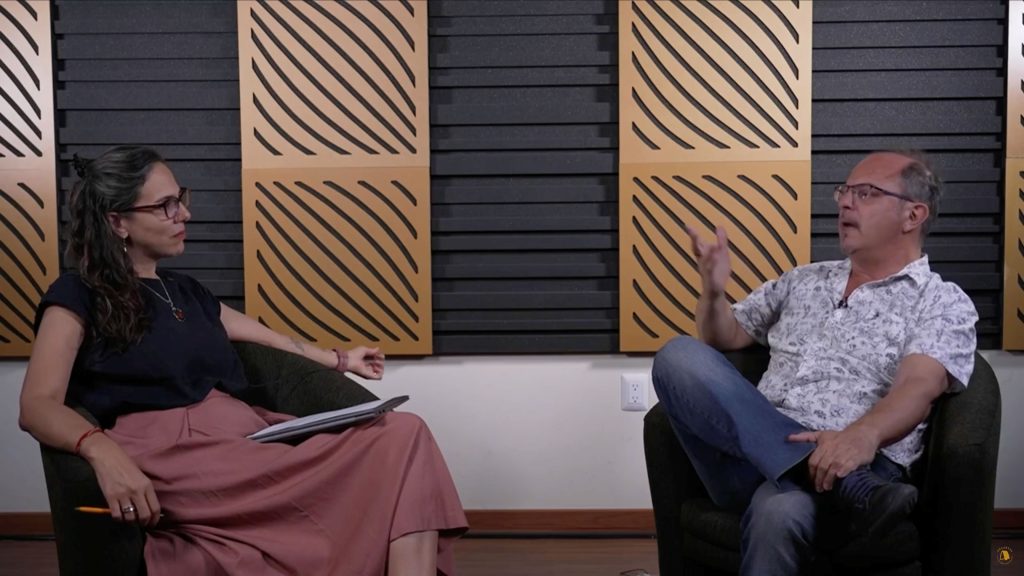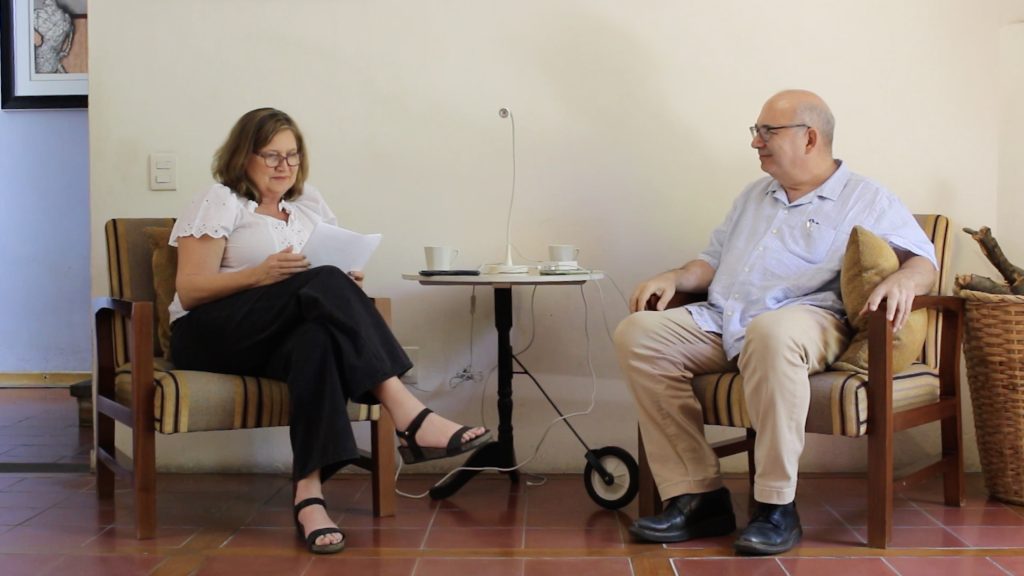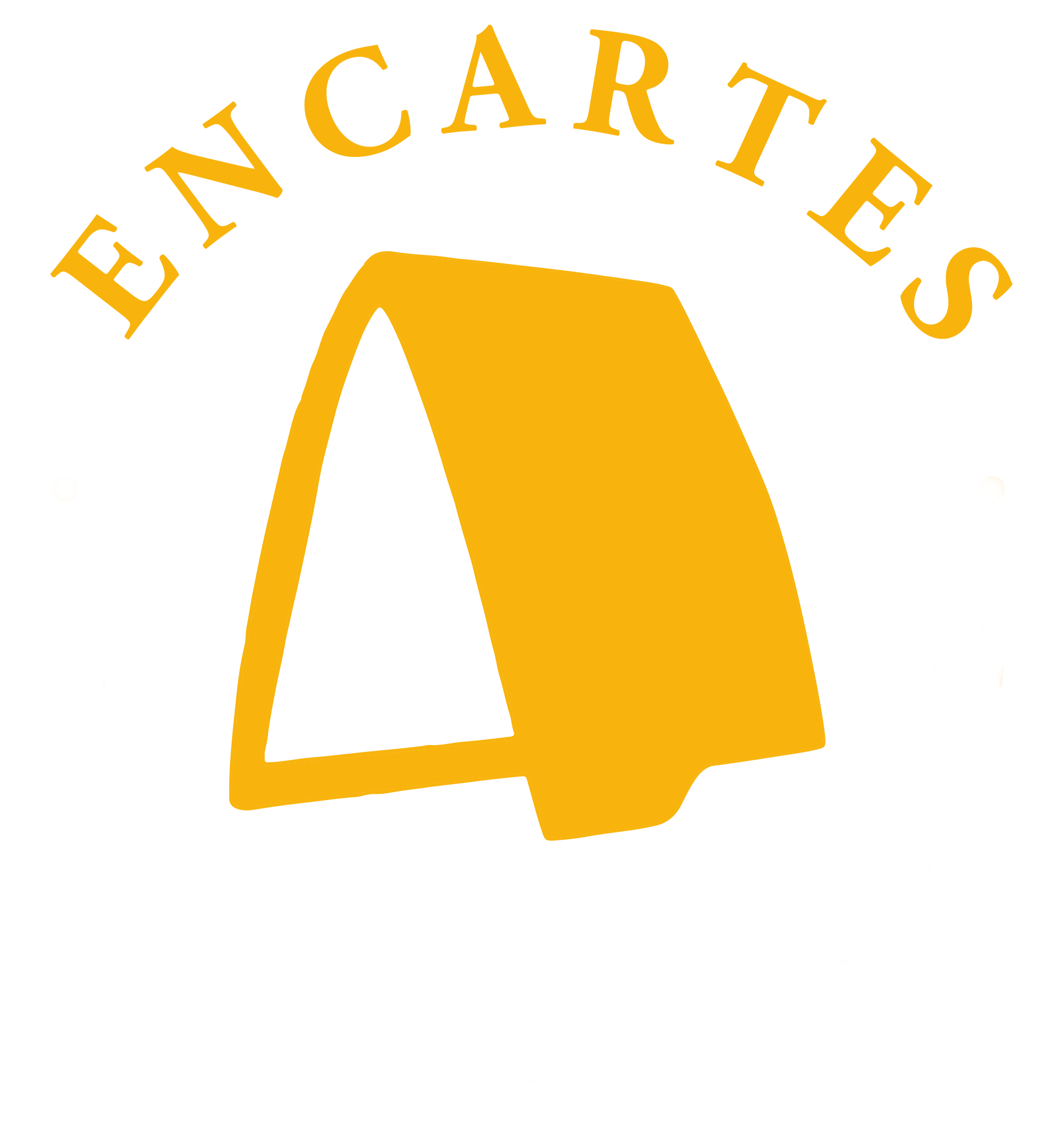home » Editorial Coordination Team
Editorial Coordination Team is in charge of guaranteeing the high academic level of the content of the magazine.
Realidades socioculturales
Vol 8 No 16 (2025)

Between Sinophobia and Mythology, an essay on visual anthropology and social networks.
- Arturo Humberto Gutiérrez del Ángel
In this essay we seek to understand and analyze how mythological structures occupy a central place in sinophobic thought and how social networks operate as a vehicle for it. We use the tools of visual anthropology, which allow us to study these fields: the anthropological foundations of mythology and its expression in the form of memes, smashupsfilms and even songs. To achieve this end, digital ethnography occupied a preeminent place. Moreover, this type of thinking is triggered by social conditions. We will demonstrate how the sinophobic content in the smashups The social conditions, such as pandemics, are exacerbated by the presence of the Chinese.
Discrepancias
Vol 8 No 16 (2025)

Holistic well-being or cultural extractivism? Who decides? Questions on the consumption of psychedelic substances and their territorial impacts in Latin America.
- Ezequiel Alí Cortina Bello
- John Scuro
- Sarai Piña Alcántara
- moderator Frances Paola Garnica Quiñones
The massive consumption of psychedelics has intensified debates about their impacts on indigenous communities in Latin America. As globalization drives the commercial and therapeutic use of sacred plants, tensions are generated between Western holistic wellbeing and the preservation of indigenous cultural heritage. This text examines how psychedelic extractivism de-territorializes plants and ancestral knowledge, creating new markets that transform traditional relationships with these beings considered political-spiritual agents by native peoples.
Realidades socioculturales
Vol 8 No 16 (2025)

Projecting the Promise: Film and Railroads in the Isthmus of Tehuantepec
- Gabriela Zamorano Villarreal
This article analyzes a selection of film and audiovisual records documenting two different moments in the history of the Tehuantepec Isthmus Railroad. The materials analyzed include a film on the inauguration of the route by Porfirio Díaz in 1907 and official videos recently produced to promote this work. From perspectives shared in film and infrastructure studies around notions of excess, contingency and uncertainty, I examine how, within the framework of two different political projects that could be understood as antagonistic, these types of materials have constituted artifices that seek to materialize promises of development around plans for regional development and greater national and international integration.
Entrevistas
Vol 8 No 15 (2025)

Interview with Alejandro Grimson: Intellectual challenges for the political imagination
Interview with - Alexander Grimson
- Alina Peña Iguarán
The interview "Intellectual challenges for the political imagination" presents a dialogue with Alejandro Grimson, a prominent Argentine anthropologist known for his analysis of identities and borders in Latin America. Alina Peña Iguarán highlights his contributions on cultural configurations and the concept of frontier as a dynamic space of interaction and conflict. The conversation addresses three moments: the Latin American debates of the 1990s, the genesis of his book "The Limits of Culture", and the analysis of the rise of the extreme right. Grimson reflects on nationalism, crisis of representation, and the urgency of building alternatives to the current political "mess" that weakens democracy.
Entrevistas
Vol 7 No 14 (2024)
Beams of light: the cinematographic gaze of Luc-Toni Kuhn
Interview with - Toni Kuhn
- Arturo Humberto Gutiérrez del Ángel
Toni Kuhn's work is a continuity and part of this great tradition of Mexican cinematographers, such as Gabriel Figueroa, Alex Phillips, Jack Draper, Agustín Jiménez, to name a few. They were his teachers, his references, although they did not give him - as he tells us - a visual, photographic eye, because whether you are born with it or not, it is almost a substitute for the language itself, for the multiple languages, which, he says, he learned in his native Switzerland and which he knew, in one way or another, how to translate into images and capitalize it with a reality that Mexico imposed on him. In this interview, Toni tells us about the beams of light that he has captured throughout his long-lived work.
Entrevistas
Vol 7 No 14 (2024)
Interview with Claudio Lomnitz. Second part: the creative anthropologist
Interview with
- Claudio Lomnitz
- Renée de la Torre Castellanos
During the interview, the theme of creativity, present in Lomnitz's career, is highlighted. While we know that it is necessary not only in the phase of scientific dissemination but also to conceive new topics and risky questions, we must recognize that it is a complex issue that, as Jesús Martín Barbero said, leads us to navigate in dark seas without maps to discover new seas.
Entrevistas
Vol 7 No 13 (2024)

Interview with Claudio Lomnitz. Part One: The intellectual anthropologist
Interview with
- Claudio Lomnitz
- Renée de la Torre Castellanos
This interview rescues a phenomenological perspective of Claudio Lomnitz's trajectory as a researcher, but also of what encourages Lomnitz to leave the comfortable boundaries of academic communities.
Discrepancias
Vol 6 No 12 (2023)
Perspectivism: a theory from the point of view of otherness?
- Gabriel Luis Bourdin
- Olivia Kindl
- moderator Arturo Humberto Gutiérrez del Ángel
Keywords: otherness, ontological turn, Perspectivism, Philippe Descola.
For some, perspectivism is a revolution in anthropological thought, while for others it is not a theory, but rather an ideology forged by bringing into the arena of discussion old, unearthed and outdated paradigms that were long ago superseded.
EncArtes multimedia
Vol 6 No 12 (2023)

The awareness of being looked at: giving a view of the tianguis stall
- Frances Paola Garnica Quiñones
This photographic essay shows the process of giving view, a practice of presentation of the stall conformed by certain aesthetic elements that allow a crucial communication flow with other actors of the tianguis to ensure its continuity. The importance of the materiality and visuality of the stall is exposed in terms of its aesthetic production and the affectivities and values that are associated with it and that result in a visual language of the market. This essay is derived from the ethnographic work carried out between 2012 and 2013 in collaboration with Ruta 8, one of the associations of merchants enrolled in the Mercado Sobre Ruedas (msr) program, coordinated by the Secretaría de Desarrollo Económico (sedeco) of Mexico City (cdmx).






